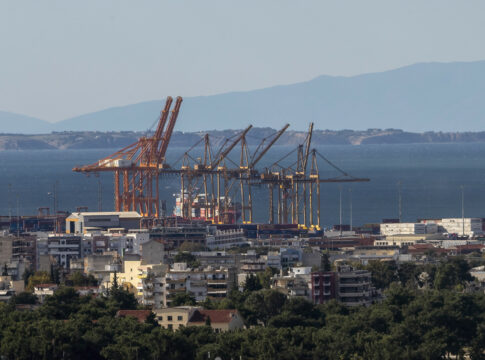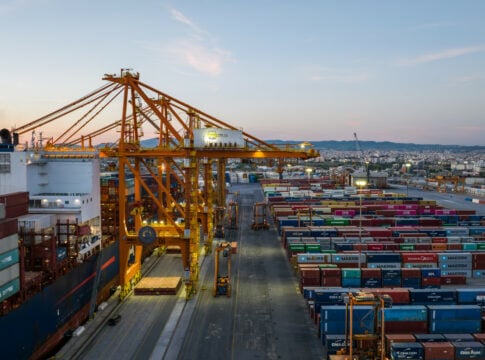The Greek chemical industry responded to the call of the European Chemical Industry Council (CEFIC) to its members to prepare National Transition Plans so that the industry faces the modern challenges of sustainability and competitiveness in a coordinated and effective manner, in the context of strengthening the European industry in its entirety.
The Greek chemical industry was one of the first (after France and Belgium) to respond to CEFIC’s call, presenting the Transition Pathway of the Chemical Industry in Greece (TransitionPathway), highlighting the possibility of achieving the green and digital transition of the chemical industry and at the same time, the possibility of supporting its competitiveness and its development as a key pillar of the economy in Greece and Europe. An important moment for the chemical industry sector in Greece is expected in November 2024 as our country will host the Chemical Convention, an event of global scope.
According to the President of the Association of Greek Chemical Industries Armodios Giannidis, from the beginning the Greek chemical industry considered the Road Map as a useful tool “in order to coordinate all of us in a common direction of climate neutrality, circularity, digital transformation and sustainability of chemical products.”
The Transition Roadmap for the Greek chemical industry is a study carried out by the Foundation for Economic and Industrial Research (IOBE) with the support of the Association of Greek Chemical Industries and is the Greek specialization of the European Transition Plan for the Chemical Industry. According to analysts, from the point of view of production processes, the chemical industry faces the challenge of becoming climate neutral by 2050 and contributing to the implementation of the European Green Deal.
Access to sufficient and competitive low-carbon energy, the development of relevant infrastructure, effective protection against the risk of carbon leakage, adequate financing and the exploitation of opportunities related to sustainable materials and products are key conditions to ensure that the chemical industry will remain competitive during the transition to climate neutrality. The eight pillars of the transition map concern sustainable competitiveness, investment and financing, research-innovation and technological solutions, regulation and public governance, access to energy and raw materials, infrastructure, skills, as well as a social dimension.
In Greece, the turnover of the chemical industry is estimated at 3.8 billion euros, with exports exceeding 67%.
However, the chemical industry in Greece lags far behind in terms of the amount of investment compared to the chemical industry as a whole in the EU-27.
According to the Transition Roadmap of the Greek chemical industry, interventions are required in the following fields:
• Ensuring healthy competition throughout the value chain.
• Achieving equal or even lower costs of “green” products compared to conventional ones.
• Easy and fair access to investment and financing.
• Development of the required infrastructures, including digital ones.
• Strengthening research and innovation with continuity, consistency and application in the production and maturation of technological solutions.
• Availability of clean energy at competitive prices for industry.
• Availability of materials and products that will allow the reduction of the environmental footprint.
• Availability of human resources with the appropriate skills and response of employees to the multiple challenges (new technologies, legislation, etc.).
• Implementation of a regulatory framework that will not impose a disproportionate compliance burden on businesses.
• Information so that chemical companies can make investments compatible with the double transition.














